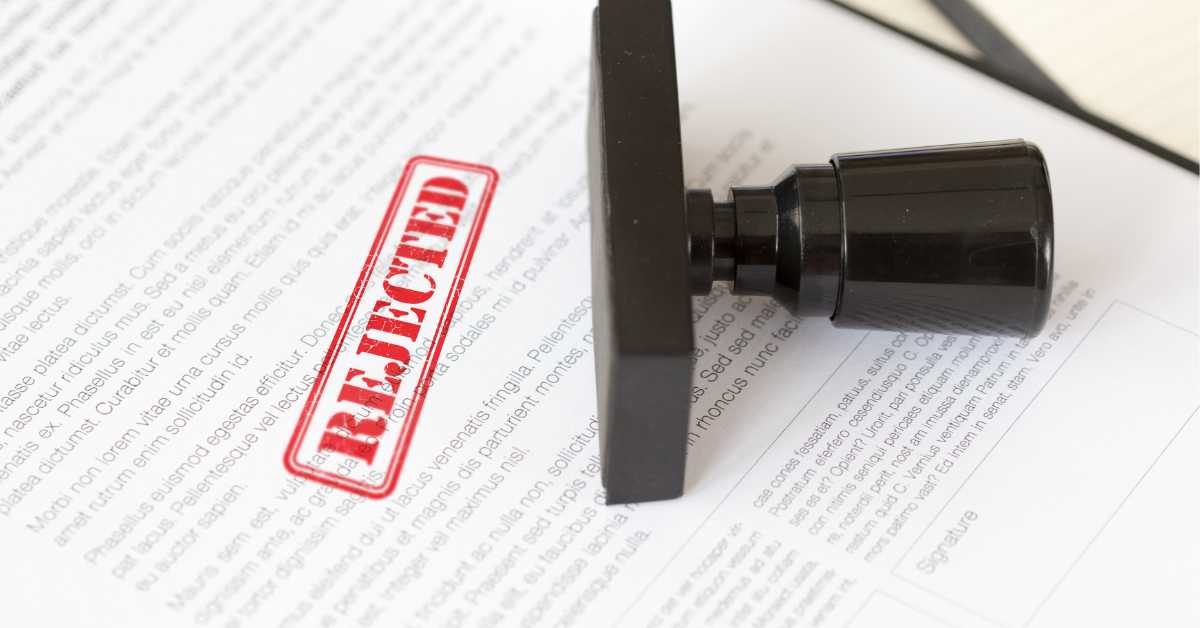There are numerous reasons why an application for Social Security disability (SSD) benefits can be denied. If you have received a technical denial, it is most likely because you are not technically eligible for benefits, not necessarily because you do not meet the medical requirements.
For help understanding why your claim has been denied and guidance in appealing the decision, call Dayes Law Firm PC at 1-800-503-2000 for a free case review. Our Social Security disability benefits lawyers in Phoenix are skilled in appealing denied SSD claims and can help you if you have been denied benefits.
If an applicant receives a technical denial, it means that they were found ineligible for non-medical reasons, regardless of your medical condition. In this case, the medical information was never collected or reviewed by the Social Security Administration (SSA).
The SSA considers the following factors in determining your eligibility for SSD. If you fail to meet any of the SSDI requirements, you will receive a technical denial.
- If you are currently working
- How recently you worked before becoming disabled
- How long you worked before your disability
- How much you earn in wages or salary
- How much you earned during the decade prior to when becoming disabled
To meet the basic technical requirements for SSD set forth by the SSA, you must:
- Not be employed because of your disability or have earnings greater than the SSA’s level of substantial gainful activity (a level of work that brings in more than a specified dollar amount per month).
- Have paid into Social Security and built up sufficient work credits in the ten years prior to becoming disabled.
For Supplemental Security Income, which is a need-based benefit, applicants simply cannot have a monthly income or available assets that are greater than a set amount per month.
Unlike most denials for benefits, you cannot appeal a technical denial. However, if there was an error made by the SSA or there were documents missing, then the decision can be appealed.
Call 1-800-503-2000 or complete a Free Case Evaluation form.


